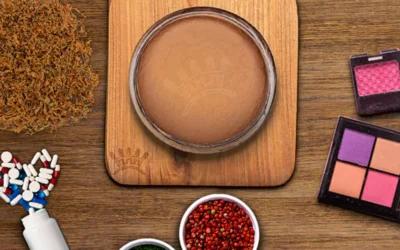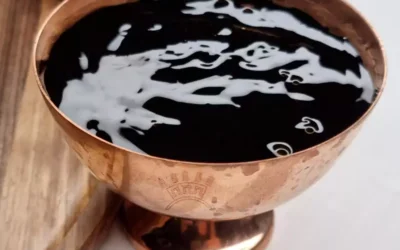Nutritional Value of Licorice
Introduction
Licorice is a popular plant in cooking and food preparation, known as a natural flavoring and sweetener that creates a distinct and unique taste.
It is used across various industries, including food and beverages, chocolates and candies, tobacco, cosmetics, personal care, and pharmaceuticals.
This article explores the nutritional value of licorice and its significance in these diverse applications.
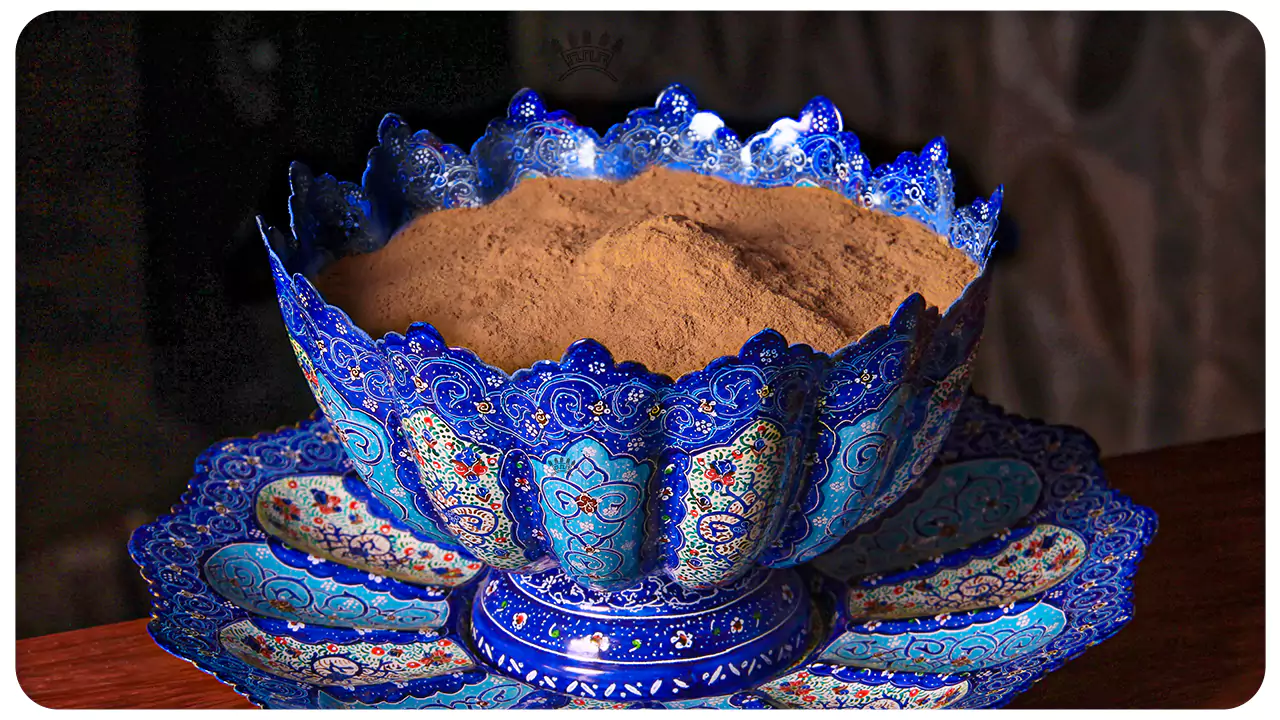
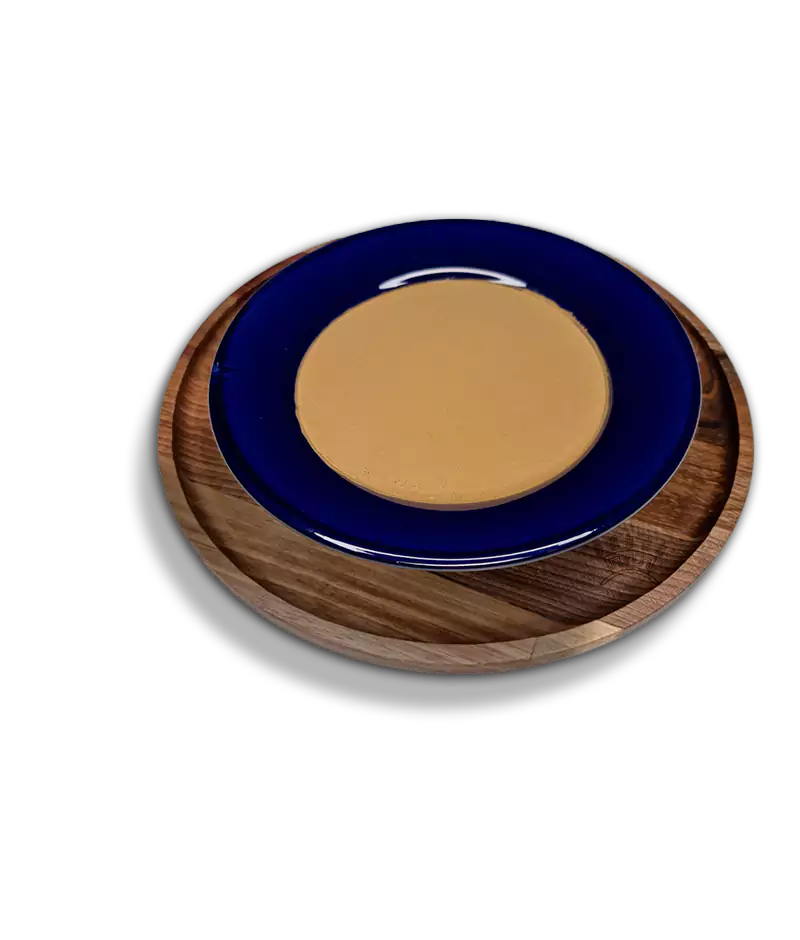
Nutritional Value of Licorice
The Science of Nutrition
Nutrition is the scientific study of food, its vitamins, nutritional value, essential components for the body, identification of healthy foods, and the effects of food on the body and overall health. Licorice contains a key element called glycyrrhizin, responsible for its sweet taste. Licorice is 30 to 50 times sweeter than sugar, making it a unique natural sweetener.
Licorice contains approximately 20 triterpenoids and nearly 300 flavonoids. Triterpenoids are natural glycosides, while flavonoids exhibit antioxidant, anti-inflammatory, and anticancer properties. Additionally, flavonoids regulate cellular enzyme functions. Licorice is also rich in essential minerals such as phosphorus, calcium, iron, magnesium, and potassium.
Health Benefits of Licorice
Licorice offers several positive effects on the body:
- Reduces acid reflux and treats indigestion, heartburn, stomach discomfort, inflammation, and ulcers.
- Due to its anti-inflammatory and antiviral properties, licorice is effective in treating respiratory diseases such as asthma, bronchitis, cough, and sore throat.
- Promotes oral and dental health by preventing tooth decay and cavities.
Licorice in Food
Licorice is widely used in the preparation of teas, herbal infusions, and beverages. It is also an essential ingredient in candies, chocolates, gummies, cakes, breads, ice cream, and chewing gum. As a natural flavoring and sweetener, licorice is used as a spice in various dishes. It can even be added to sugar and coffee to enhance their flavor.
Nutritional Content of Licorice
According to the USDA, a 14-gram serving of licorice candy contains:
- 0% Protein
- 0% Fiber
- 0% Fat
- 9.8g Sugar
- 53 Calories
- 7mg Sodium
- 13g Carbohydrates
In another study, a 184-gram serving of licorice was shown to contain:
- 683 Calories
- 67mg Potassium
- 5.46mg Calcium
- 0.24mg Iron
Summary
Licorice is a nutrient-rich plant with significant applications in food and traditional medicine. Its unique composition, including glycyrrhizin, triterpenoids, flavonoids, and essential minerals, makes it a valuable ingredient for both culinary and therapeutic purposes. From its role in sweetening and flavoring foods to its health benefits, licorice continues to be a prominent component in diverse industries.
Avoid Excessive Consumption of Licorice
Despite its nutritional value, overconsumption of licorice can lead to muscle weakness and fatigue. It may also alter heart rhythms, causing potential complications. While licorice poisoning is rare, it can disrupt kidney function in severe cases.
Pregnant and breastfeeding women should consult their physician before consuming licorice, as its use and dosage during these periods require careful consideration.
Individuals with high blood pressure, diabetes, or kidney diseases are advised to exercise caution when consuming licorice. Furthermore, licorice may interact with certain medications, so consulting a doctor is essential for prolonged use.
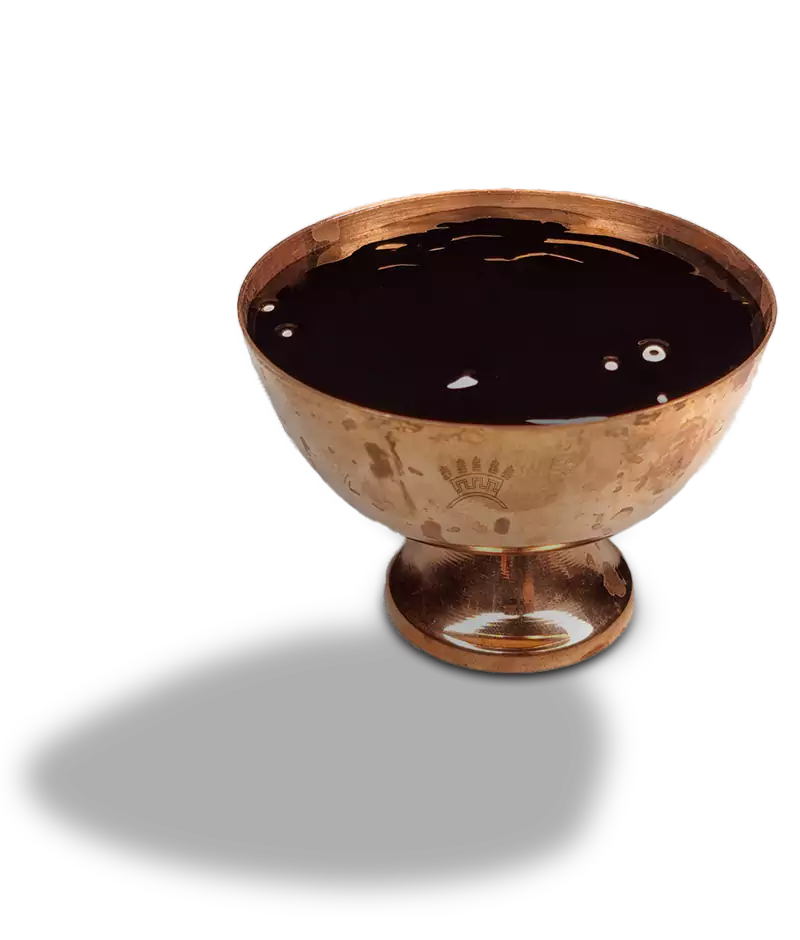
Written by Sepidan Osareh Jonoob Co. (Meysam Shokripour), CEO of Sepidan Osareh Jonoob Co.
Any reproduction of the content from this site without citing the source will be legally prosecuted.
Latest Licorice Articles and News
Interview with the CEO of Sepidan Osareh Jonoob Co.
Interview with the CEO of Sepidan Osareh Jonoob Co. Mr Meysam Shokripour The licorice plant is an ancient herb that our ancestors have long used to treat various ailments. It is known by different local names across various regions of Iran, such as "Riše-ye...
Licorice Fields of Use
Licorice Fields Of Use Licorice has a wide range of applications across various industries, including cosmetics, pharmaceuticals, confectionery, food and beverages, traditional medicine, herbal remedies, and the tobacco industry. BackgroundLicorice: A Versatile...
Licorice in Skincare
Licorice in Skincare Using licorice in skincare products is due to its beneficial properties, such as healing redness and itching, brightening the skin, and providing protection against sun rays, among others. BackgroundLicorice: A Versatile Perennial Plant...


